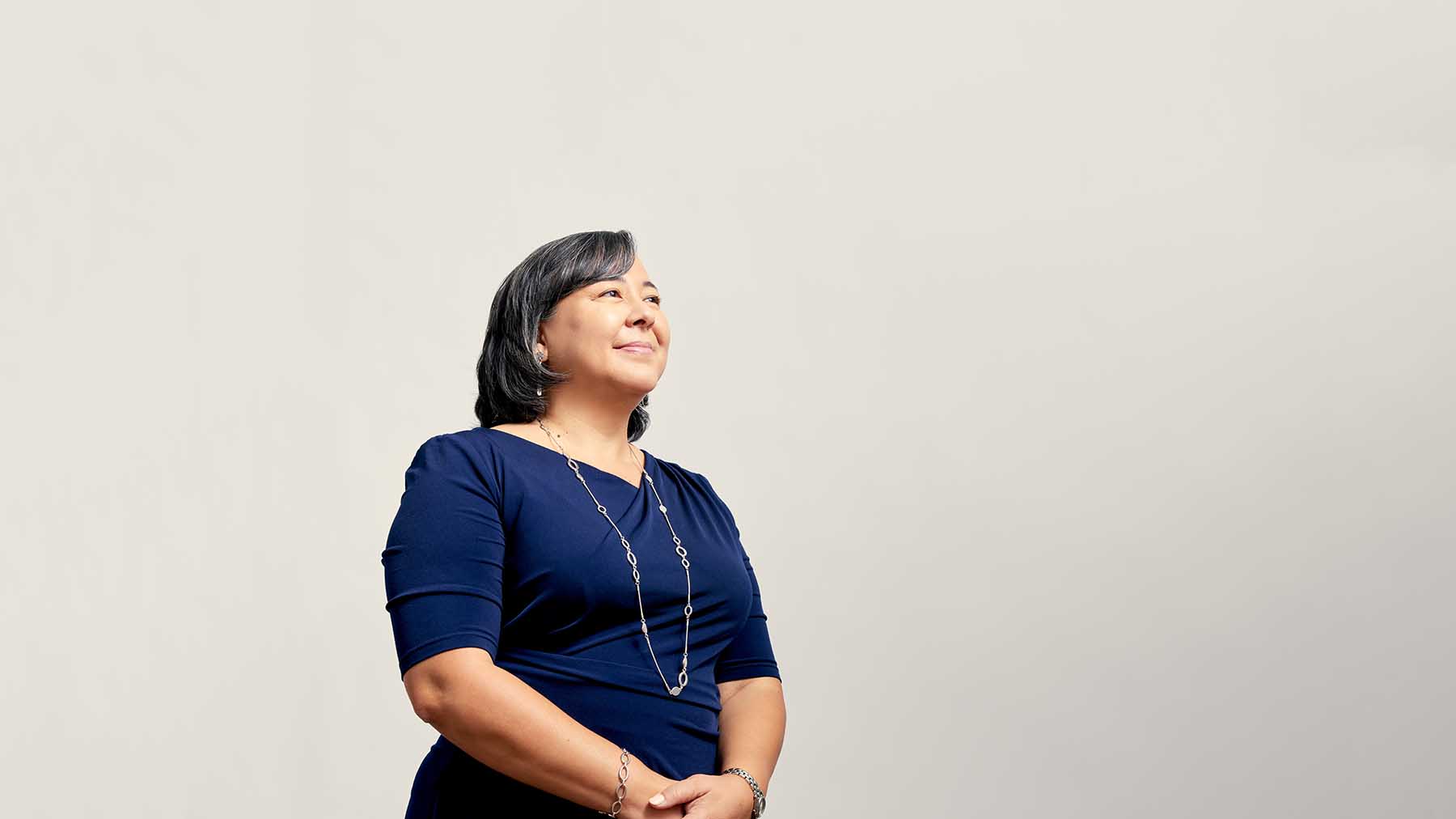Editor’s note: The following blog was first published as an op-ed in the Tallahassee Democrat.
I grew up in a small town in East Tennessee. My mother is white; my father is Chinese American. As a child, I learned a great deal about my heritage at home. But it was different at school. I never saw my Chinese identity reflected in the stories we read, the lessons we learned or the teachers who taught them. It was only as a college student that I realized I hadn’t learned about Asian American history at all.
That began to change in the decades after my childhood. Public schools across the country have made strides in telling the untold histories of Indigenous, enslaved and LGBTQ+ people, immigrants, women and others. Progress was imperfect, but important steps were taken toward inclusive education.
Today, however, that progress is under attack, and Florida is the main battleground.
Across the state, a vocal minority urged on by opportunistic politicians are mobilizing to censor classroom discussion and eliminate inclusive education in public schools. Their strategy is to destabilize, defund and dismantle public school authority under the pretext of “parental rights.” While claiming to give parents a voice and protect the interests of children, their real goal is to ensure classrooms and curricula are again dominated by a white, cisgender, Christian ideology.
Public education is the cornerstone of our democracy. But that cornerstone was shaken during the COVID-19 pandemic. Like millions of other parents, I remember feeling fear and uncertainty about how best to protect my children and their right to a good education as the virus spread.
In Florida, emboldened by rhetoric from the governor and other elected officials, a small minority of parents mobilized and took advantage of this uncertainty. One of those groups, Moms for Liberty, was founded and is now headquartered in Melbourne. They sought to drive wedges into community fractures and, over time, steer debates over masking and school closures toward debates over identity, censorship and book bans.
What’s particularly deceptive is how these groups veil their intentions behind narratives of “parents’ rights” and concern for children. If we look closely at their language, though, it’s clear how familiar those narratives are – how they echo the messages of segregationist groups throughout the 20th century.
Public education has long been a catalyst for reactionary movements. In the days after Brown v. Board of Education, some parents vehemently and violently demanded the right to exclude Black students in a campaign known as Massive Resistance. Now, more than six decades later, groups like Moms for Liberty are repeating history.
Images from protests in the 1950s and 1960s show segregationists holding signs that say, “Fight for our children’s future.” Newspapers were distributed with history lessons titled “Southerners were kind to slaves.”
Using similar narratives and strategy today, anti-inclusion groups are gaining ground. The new Florida standards requiring courses in African American history to include language that some enslaved people benefited from slavery is one example. The state also approved the use of a curriculum developed by PragerU Kids, the children’s division of a conservative online media company and supporter of Moms for Liberty.
It’s important to draw these connections between the past and present so we don’t regress to the close-minded policies of the past.
For so many parents right now, it feels like the systems that structure our lives are working against us. Anti-inclusion groups try to sell parents something more. They want parents to feel like they have our backs, like they’re on our side. In fact, they are leading an insidious campaign to bring exclusion back into Florida schools.
What’s happening in Florida has already become a blueprint for other states. But it’s not too late to activate for change.
Hate is not, nor has it ever been, the fuel that drives our future. For those parents who believe that inclusive public education is our children’s best hope for the future, it is time to speak out and fight back – for public education, for equity and inclusion, and, most importantly, for all our children.
Photo at top: Margaret Huang, president and CEO of the Southern Poverty Law Center. (Credit: SPLC)



